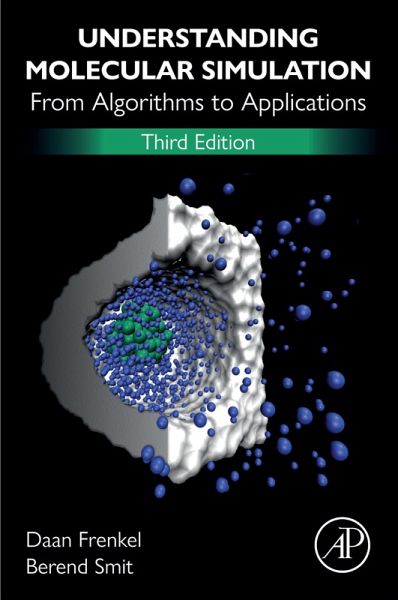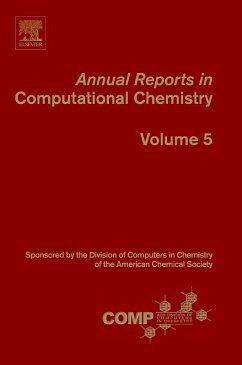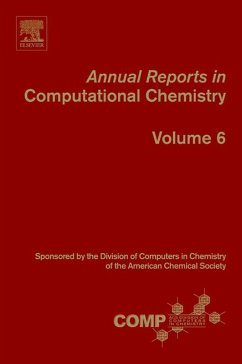
Understanding Molecular Simulation (eBook, ePUB)
From Algorithms to Applications
Versandkostenfrei!
Sofort per Download lieferbar
76,95 €
inkl. MwSt.
Weitere Ausgaben:

PAYBACK Punkte
38 °P sammeln!
Understanding Molecular Simulation explains molecular simulation from a chemical-physics and statistical-mechanics perspective. It highlights how physical concepts are used to develop better algorithms and expand the range of applicability of simulations. Understanding Molecular Simulation is equally relevant for those who develop new code and those who use existing packages. Both groups are continuously confronted with the question of which computational technique best suits a given application. Understanding Molecular Simulation provides readers with the foundational knowledge they need to l...
Understanding Molecular Simulation explains molecular simulation from a chemical-physics and statistical-mechanics perspective. It highlights how physical concepts are used to develop better algorithms and expand the range of applicability of simulations. Understanding Molecular Simulation is equally relevant for those who develop new code and those who use existing packages. Both groups are continuously confronted with the question of which computational technique best suits a given application. Understanding Molecular Simulation provides readers with the foundational knowledge they need to learn about, select and apply the most appropriate of these tools to their own work. The implementation of simulation methods is illustrated in pseudocodes, and their practical use is shown via case studies presented throughout the text. Since the second edition's publication, the simulation world has expanded significantly: existing techniques have continued to develop, and new ones have emerged, opening up novel application areas. This new edition aims to describe these new developments without becoming exhaustive; examples are included that highlight current uses, and several new examples have been added to illustrate recent applications. Examples, case studies, questions, and downloadable algorithms are also included to support learning. No prior knowledge of computer simulation is assumed. - Fully updated guide to both the current state and latest developments in the field of molecular simulation, including added and expanded information on such topics as molecular dynamics and statistical assessment of simulation results - Gives a rounded overview by showing fundamental background information in practice via new examples in a range of key fields - Provides online access to new data, algorithms and tutorial slides to support and encourage practice and learning
Dieser Download kann aus rechtlichen Gründen nur mit Rechnungsadresse in A, B, BG, CY, CZ, D, DK, EW, E, FIN, F, GR, HR, H, IRL, I, LT, L, LR, M, NL, PL, P, R, S, SLO, SK ausgeliefert werden.












